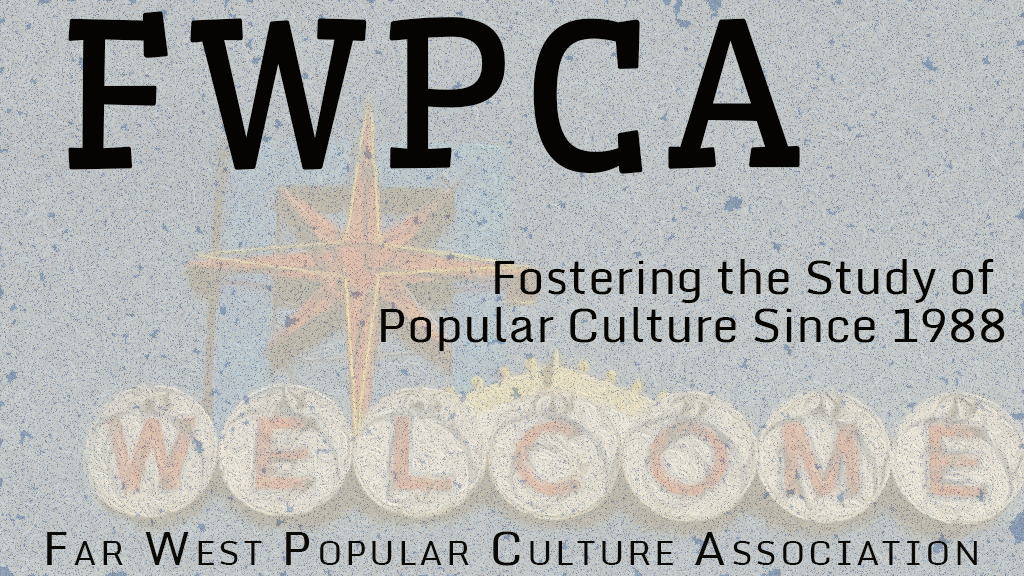Presentation Type
Paper
Abstract
Unsurprisingly, the use of blackface rightfully remains a controversial topic situated within a remarkedly large sphere of popular culture (spanning nearly 200 years), as its roots stem directly from the systematic oppression of the African American community by silencing their voices and deleting their visibility. Such depictions turned people of color into grotesque and exaggerated caricatures that cemented deeply hurtful, incorrect, and negative stereotypes that continue to live and haunt our society and culture today.
This project addresses the controversial use of blackface in popular media, by briefly contextualizing its history and influence and then situating such context within a critical analysis of an episode from NBC’s popular sitcom Community (“Advanced Dungeons and Dragons,” Season 1, Episode 14). The 2020 quarantine period brought the show a new audience, and along with the rise of BLM protests, this episode was subsequently deleted without explanation. In turn, also discussed herein, are the ethical issues that arise from corporate censorship in the erasure of legitimately (or seemingly) problematic texts from history.
Consequently, two ethical guidelines serve to ground the argument. First, an Aristotelian virtue-based approach is used to discuss the reality that yes, the Community writers depicted the character of Ben Chang dressed as a dark elf or “drow” but did so in a fashion that neither negates nor stereotypes the Black community or its culture. Second, a Kantian duty-based approach is used to demonstrate how the actions by streaming companies to remove this episode was without merit and sets a dangerous precedent.
Keywords
semiotics, television studies, community, cancel culture, ethics
A Semiotic Analysis of Community’s “Advanced Dungeons and Dragons”
Unsurprisingly, the use of blackface rightfully remains a controversial topic situated within a remarkedly large sphere of popular culture (spanning nearly 200 years), as its roots stem directly from the systematic oppression of the African American community by silencing their voices and deleting their visibility. Such depictions turned people of color into grotesque and exaggerated caricatures that cemented deeply hurtful, incorrect, and negative stereotypes that continue to live and haunt our society and culture today.
This project addresses the controversial use of blackface in popular media, by briefly contextualizing its history and influence and then situating such context within a critical analysis of an episode from NBC’s popular sitcom Community (“Advanced Dungeons and Dragons,” Season 1, Episode 14). The 2020 quarantine period brought the show a new audience, and along with the rise of BLM protests, this episode was subsequently deleted without explanation. In turn, also discussed herein, are the ethical issues that arise from corporate censorship in the erasure of legitimately (or seemingly) problematic texts from history.
Consequently, two ethical guidelines serve to ground the argument. First, an Aristotelian virtue-based approach is used to discuss the reality that yes, the Community writers depicted the character of Ben Chang dressed as a dark elf or “drow” but did so in a fashion that neither negates nor stereotypes the Black community or its culture. Second, a Kantian duty-based approach is used to demonstrate how the actions by streaming companies to remove this episode was without merit and sets a dangerous precedent.


